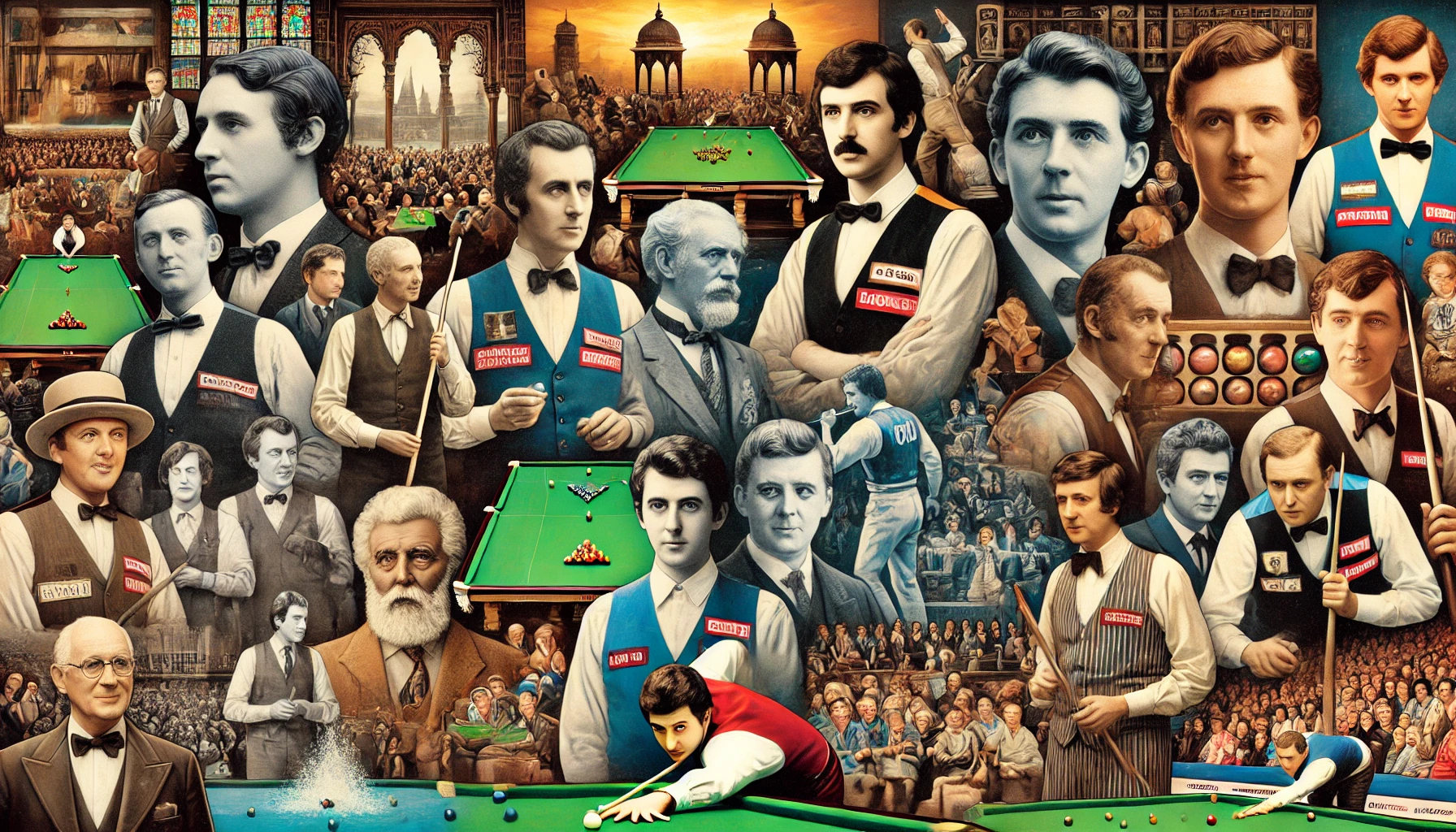Snooker, a game of skill, strategy, and precision, has evolved from its modest origins to become a beloved global sport. This article explores the rich history of snooker, tracing its development from a colonial pastime to a competitive sport enjoyed by millions worldwide.
The Birth of Snooker
Snooker originated in the latter half of the 19th century in British India. British Army officers stationed in India sought a way to pass the time and combined elements of various cue sports to create a new game.
Key Developments:
- First Game: The first recorded game of snooker was played in 1875 at the Ooty Club in Ooty, India.
- Name Origin: The term “snooker” was initially a derogatory term used by British officers to describe inexperienced or first-year cadets. It later became associated with the game itself.
Early Evolution and Rules
The early rules of snooker were not standardized, leading to various local versions of the game. The significant turning point came in 1884 when Sir Neville Chamberlain, a British Army officer, formalized the rules.
Key Points:
- Rule Standardization: Chamberlain’s rules provided a clear structure and helped popularize snooker among the British elite.
- Spread to the UK: The game gained popularity in the United Kingdom, especially in gentlemen’s clubs.
Snooker’s Rise in Popularity
In the early 20th century, snooker began to attract a wider audience. The establishment of professional tournaments and the involvement of influential players helped elevate the game’s status.
Key Milestones:
- First World Championship: The inaugural World Snooker Championship took place in 1927, won by Joe Davis.
- Television Era: The advent of television in the 1960s and 1970s brought snooker into living rooms across the UK, boosting its popularity.
The Modern Era of Snooker
The modern era of snooker is characterized by international expansion, increased professionalism, and significant commercial success. The sport has become a global phenomenon with major tournaments held worldwide.
Key Developments:
- Global Reach: Snooker has gained immense popularity in countries like China, where it has become a major sport.
- Professional Circuit: The professional circuit now includes a range of tournaments, from ranking events to invitationals, attracting top players from around the world.
Prominent Figures in Snooker History
Several players have left an indelible mark on the history of snooker. Their contributions have helped shape the game and inspire new generations of players.
Notable Players:
- Joe Davis: Considered the father of modern snooker, Davis won the World Championship 15 times.
- Steve Davis: Dominated the sport in the 1980s, winning six World Championships.
- Ronnie O’Sullivan: Known for his extraordinary talent and speed, O’Sullivan is one of the most successful and popular players in history.
The Impact of Snooker on Popular Culture
Snooker has transcended the realm of sports to become a significant part of popular culture. It has been featured in films, television shows, and literature, reflecting its broad appeal.
Cultural Influence:
- Television Shows: Shows like “Pot Black” helped popularize snooker on television.
- Films: Movies like “The Hustler” and “The Color of Money” have featured cue sports prominently, highlighting snooker’s cultural impact.
The Future of Snooker
As snooker continues to grow, its future looks promising. Efforts to globalize the sport, attract younger audiences, and innovate in terms of technology and broadcasting are shaping the next chapter in snooker’s history.
Future Prospects:
- Youth Development: Initiatives to encourage youth participation are crucial for the sport’s longevity.
- Technological Advances: Innovations such as digital scoring and virtual reality experiences are enhancing the viewing experience.
